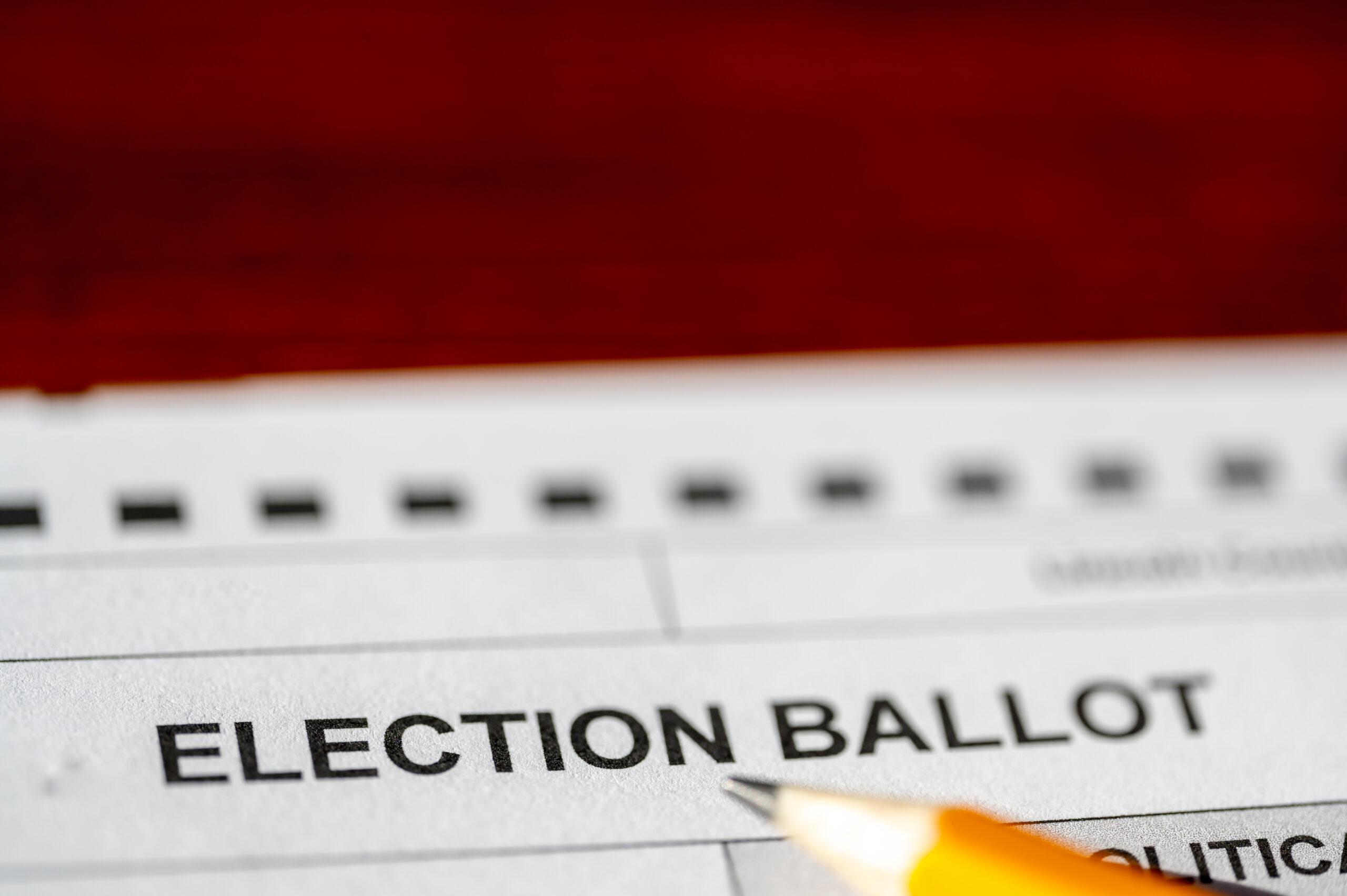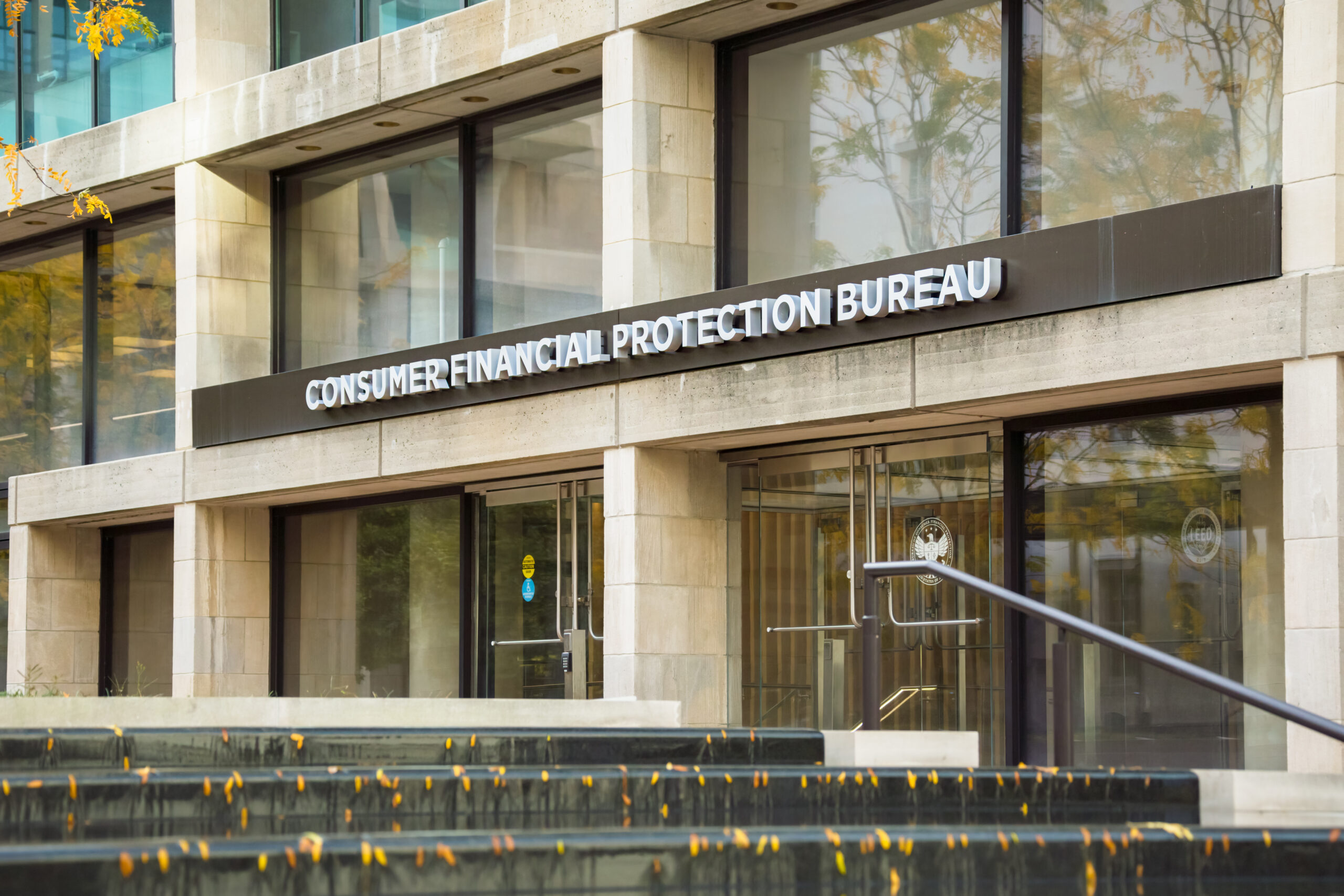As of Jan. 1, Florida’s vote-by-mail (VBM) rolls were officially reset under a relatively new law.
When in the past, voters who requested mail-in ballots in previous election cycles did not have to request them again for the following two election cycles, this law requires voters to formally request mail-in ballots after every federal election cycle. Therefore, all standing requests after the 2024 Elections have now been wiped out. The impact of this change has been immediate and staggering, with the number of voters set to receive mail-in ballots plunging to record lows.
In 2024 alone, more than 3 million Florida voters voted by mail out of over 3.5 million Florida voters who had requested a mail ballot. That number will now reset, and every voter wishing to vote by mail in elections this year must make sure they request their ballot ahead of the applicable deadline. The implications are even more concerning with two congressional Special Elections scheduled for April 1. Voter turnout is at risk, particularly in a state where mail-in ballots have historically been a welcome resource.
Proponents of the VBM reset justified the change as necessary to combat voter fraud and enhance security around our elections. They framed the policy as a proactive step to secure Florida’s elections despite the absence of any significant evidence of widespread mail-in ballot fraud in the state.
In practice, the reset has disrupted long-established voting habits and placed an enormous burden on election officials tasked with re-educating millions of Floridians about the new requirements. This is costing them financially because they have to do sufficient outreach to make voters aware, and it is bogging down their already at-capacity systems and processes for administering elections.
For voters who’ve grown accustomed to a seamless process, the abrupt change feels less like an effort to improve our voting process and more like an unnecessary obstacle to participation. Instead of bolstering trust in the electoral system, the policy risks undermining it by creating barriers to a voting method that has historically been both accessible and reliable to voters of all backgrounds. It bears repeating that the change was implemented to supposedly address ineligible votes being cast, although this issue is so rare that the “solution” actually ends up being more hurtful toward voters than protective of the voting process.
What’s more, these barriers pose obstacles for senior citizens, working people who cannot afford to take time away from their jobs to stand in line at a polling site, those with disabilities, and communities of color.
With special elections set to take place in our state this year, the need for this information is greater than ever. For example, voters who wish to cast a mail-in ballot for the primary elections in Districts 1 and 6 must submit a request for one by 5 p.m. on Jan. 16, 2025. Similarly, local elections for positions like mayors and commissioners are set for March 11th, with requests for mail-in ballots due no later than February 27th.
The clock is ticking for Floridians to make sure they are prepared.
Floridians must be armed with the information needed to participate in our democratic process. Without a concerted effort, we risk not being able to have our voices heard in local contests that will impact our districts and state for years to come. Policies like the one eliminating our former vote-by-mail system are solutions in search of a problem; we cannot allow such reckless measures to determine our status quo.
Voting remains the foundation of our democracy, and we must work to protect our right to practice our civic duty. Let’s stay informed to ensure we build the Florida we all deserve.
Election officials and advocates are working to raise awareness and ensure voters are prepared. Submitting a VBM request is straightforward and can often be done online through the county Supervisor of Elections website. Once submitted, voters can track the status of their request, ensuring their ballot will be mailed to them in time.
As Florida enters a new election cycle, it’s essential to prioritize voter education. Let’s make this year one where Floridians get ahead of the curve, stay informed, and safeguard their right to vote. By staying alert to policy changes, meeting deadlines, and communicating with election officials, voters can ensure their voices are heard. Please don’t wait until the last minute; it’s important to submit your request now and take the stress out of the election cycle later. Remember, while you always have the option to vote in person, missing the VBM deadline means forfeiting the convenience and accessibility that voting by mail provides.
Voting should be accessible to everyone. Familiarize yourself (and others!) with the requirements and upcoming deadlines, take action now, and make sure your voice is heard when it matters most.
___
Ricardo Negrón-Almodóvar is Florida Senior Campaign Manager at All Voting is Local. He specializes in voting and civil rights advocacy, focusing on language access and protecting voting rights. Passionate about empowering often-overlooked communities, he works to ensure equitable access to the ballot.
Post Views: 0

 Entertainment8 years ago
Entertainment8 years ago
 Entertainment8 years ago
Entertainment8 years ago
 Politics8 years ago
Politics8 years ago
 Tech8 years ago
Tech8 years ago
 Tech8 years ago
Tech8 years ago
 Tech8 years ago
Tech8 years ago
 Politics8 years ago
Politics8 years ago
 Tech8 years ago
Tech8 years ago











